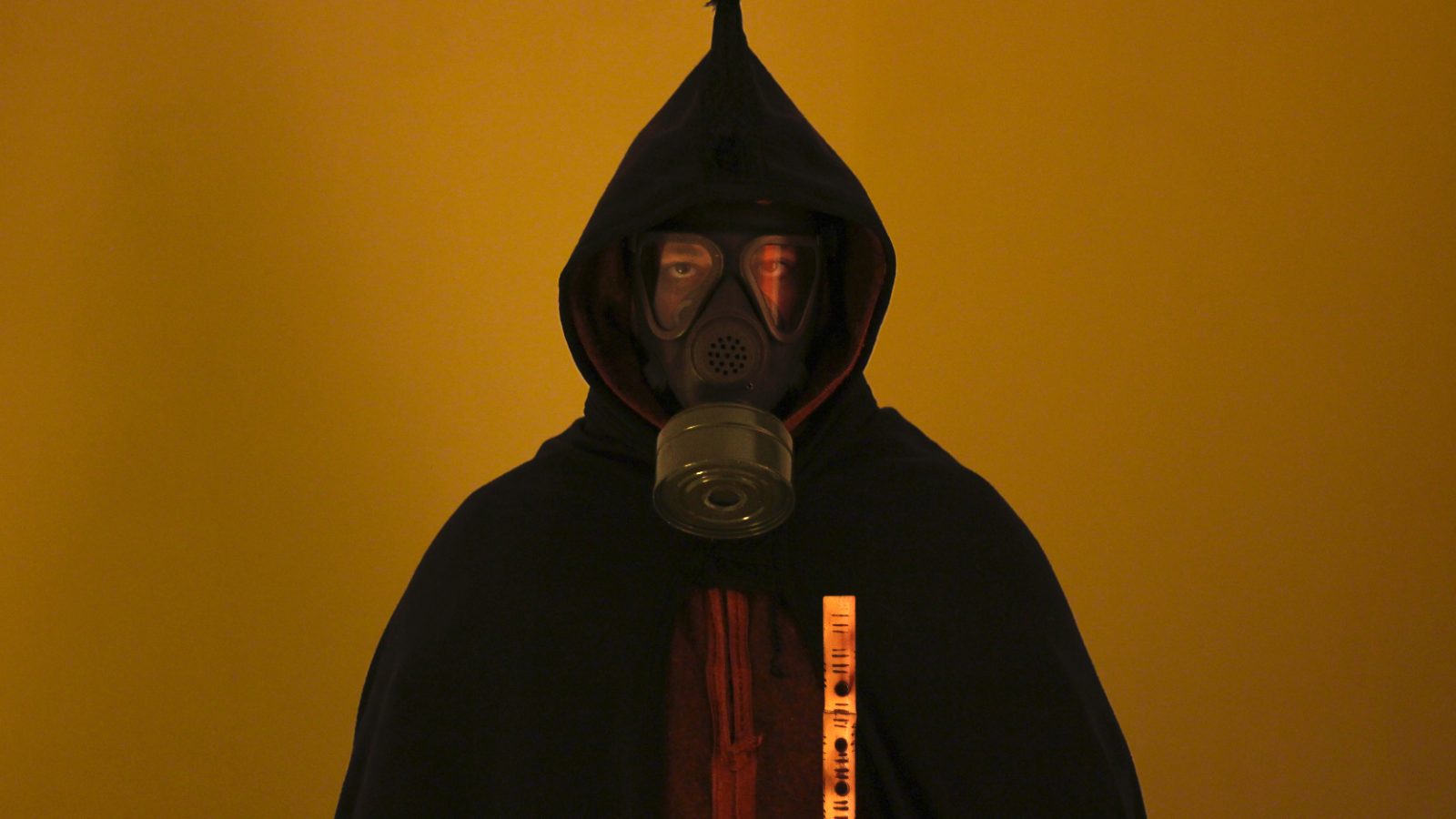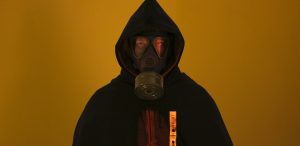
AMMAR 808 + MICHAELBRAILEY at Soup Kitchen, Manchester
The future is right now. We have driverless cars, robots taking over jobs, and commercial space travel is on the event horizon. Somehow, humanity has slipped into a science fiction life. But you can’t have a future without a past, something AMMAR 808 knows very well. On his debut release, Maghreb United, featuring the singers Mehdi Nassouli (Morocco), Sofiane Saidi (Algeria) and Cheb Hassen Tej (Tunisia), he connects the two to offer a radical, electronic reinvention of ancient North African music.
“The past is a collective heritage,” explains AMMAR 808. He started the project a year ago, after working with the lauded Bargou 08, searching for something to link the sense of what has been with what will be. “It’s what we all call on, what we all share. The music on Maghreb United is the past with now and the future with now. I’m trying to weave threads from folklore and mythology into futurism. And I’m not necessarily projecting a positive image; from all we can see, things aren’t going in the right direction. What I hope is that it will raise an alarm.”
Yet there’s also plenty of hope here. With singers from Algeria, Tunisia, and Morocco, songs from the Targ, Gnawa, and Raï histories, and a TR-808 alongside a distorted gumbri (Nassouli), gasba flute and zokra bagpipes (Lassaed Bougalmi), this is an album that reaches out to encompass the entire Maghreb area of North Africa.
“In the past the Maghreb was one huge region, yet very diverse within its borders. But today, the world keeps every person separated. The album isn’t so much about a united Maghrebi region, but how we can connect while observing our differences – our differences are also our connection – and using them to unify as humans. This is an example of that.”
The choice of songs was also very deliberate for AMMAR 808, with nine of the ten cuts taken from the deep tradition.
“Intriguing blend of ancient and modern styles … an exuberant, full-tilt affair.” **** The Guardian (World Music Album of the Month)
“Blending Roland TR-808 machine rhythms with traditional folk instruments plus vocalists from Tunisia, Algeria and Morocco, this more heavily electronic project [than Bargou 08] features some exhilaratingly raw bangers. “Ain Essouda” is stomping and propulsive, its microtonal melodic ripples offset by booming siren vocals. And “Alech Taadini” combines zokra bagpipe drones with rolling thunderbeats, sounding like Underworld might after an extended North African holiday.” Uncut
This is a standing show.
Audience: Standing







